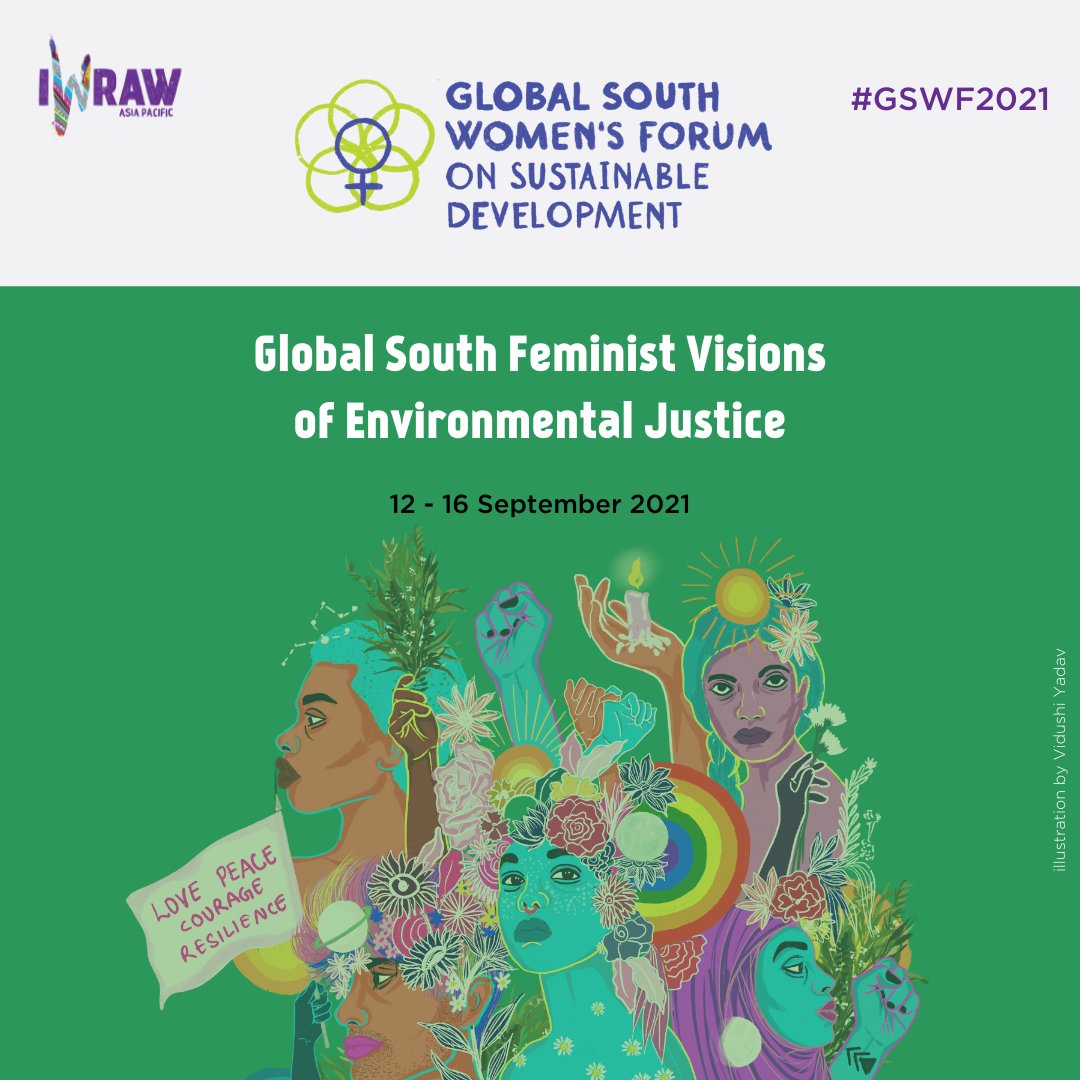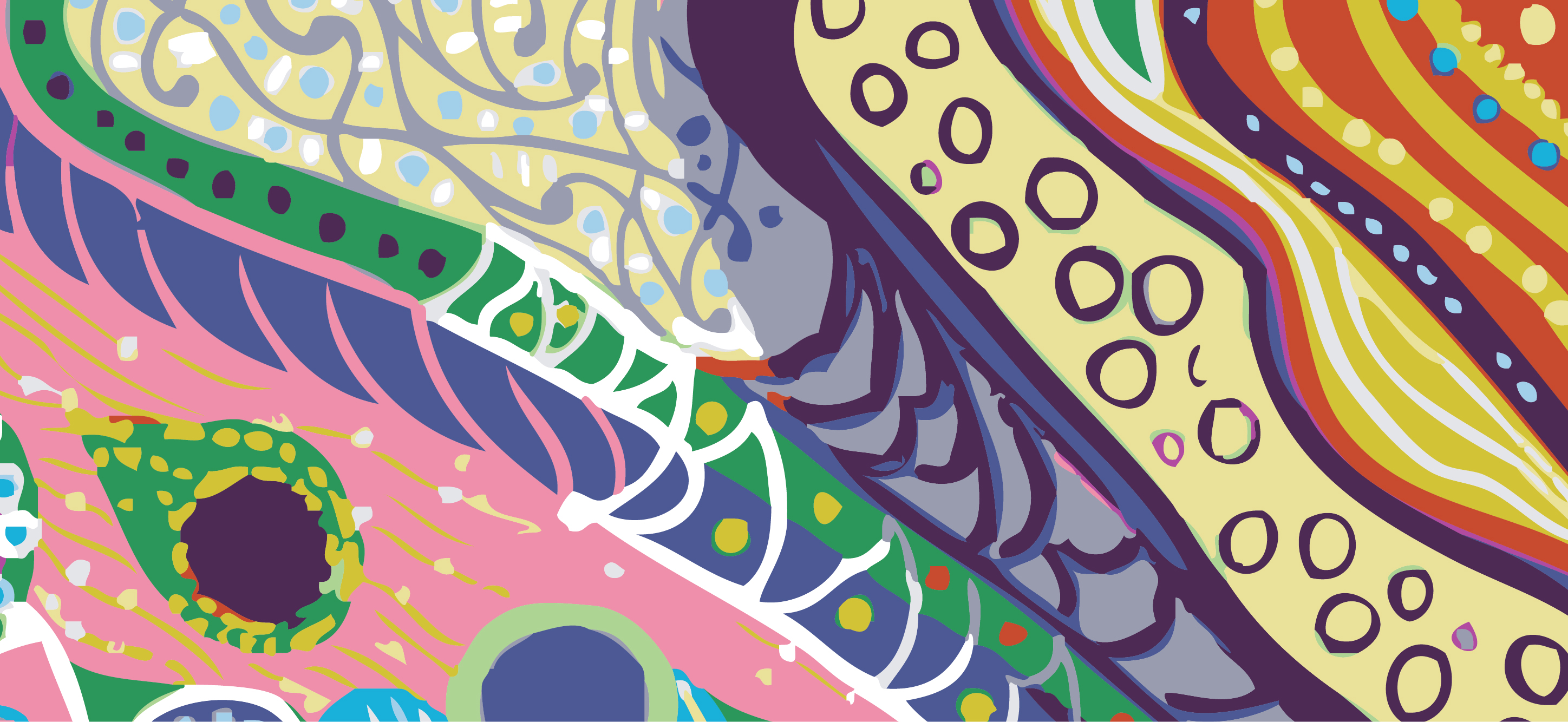
The challenges of the COVID-19 pandemic have been supplemented by the unmanageable impacts of extreme climate events. These have included hurricanes, cyclones and volcanic eruptions, many resulting in excessive flooding, exhaustive ashfall and in some cases deaths, severely affecting the lives and livelihoods of vulnerable communities, especially in Small Island Developing States (SIDS) and low-income countries in the Global South. Meanwhile, the pandemic has imposed prolonged lockdowns, restricted travel, increased military presence and further exacerbated issues of food security and access to water and natural resources, with vaccine inequity being one of the major concerns for those most marginalised and vulnerable to these crises. The pandemic has been used as an excuse for more intense state surveillance and actions against gender, ethnic and racial minorities, especially Indigenous communities and LGBTIQ+ people, and has also increased instances of violence and murder targeting environmental human rights defenders.
Responding to the increased inequalities of COVID-19 which prevented in-person gatherings of Global South and marginalised communities, the 2021 Global South Women’s Forum continued as an online event. The Forum was co-created for and with climate and environmental activists, feminists, artivists and grassroots and marginalised communities fighting against climate change and environmental degradation, providing an opportunity to learn and strategise through stories of resistance, feminist knowledge and creative approaches. Convening from 12 – 16 September, participants shared their concerns, challenges and hopes for a future of Global South Feminist Visions of Environmental Justice. The inclusive, intergenerational, and intersectional space left attendees energised and feeling a sense of urgency and solidarity to join in addressing climate change and environmental crises impacting those most marginalised.
At GSWF 2021, women from different parts of Africa highlighted the challenges they encountered, including structural violence and food insecurity, resulting from a lack of land rights. They also discussed the elusive promise of development by governments that render no proper compensation, rehabilitation or resettlement after eviction, and no access to their lands and livelihoods. The increased militarisation during the construction of dams and other development projects in communities often leads to the closing of schools to accommodate military personnel, which impacts children’s access to education, as well as putting women at greater risk of physical and sexual violence.
Others shared how the continuing repercussions of colonialism affect how communities experience the devastating impacts of extreme weather events like cyclones, flooding and even drought, which have led to increased instances of poverty, modern-day slavery and human trafficking of women and girls. Governments have a responsibility to play in ensuring that their social and intellectual relations, as well as economic and environmental entities like natural resources and biodiversity, are preserved and serve their communities. Economic empowerment and feminist leadership through capacity building were highlighted as key steps towards freedom from exploitation and poverty. Marginalised communities, especially women, also need to challenge power systems created by colonialism and patriarchy which neglect the importance of protecting their lives and livelihoods.
Youth climate leaders from across the Caribbean and other Global South regions convened to discuss their governments’ continued failures to meet their responsibilities in advancing efforts towards climate change mitigation and adaptation. Although young champions on the frontlines face ageism and burnout, panelists reiterated the importance of advocacy work in securing the future for generations who have no choice but to inherit the world that is being created.
Youth activists stressed the importance of telling their stories with their own voices, challenging decision makers and changing the existing ‘white saviour’ mindset that assumes individuals in the Global South need to be rescued by those in the Global North. The narrative needs to shift to one that centres accountability and justice, and those who are contributing the most to climate change need to help mitigate the challenges being faced by marginalised communities.
Other GSWF 2021 sessions explored colonialism and capitalism and their roles as key drivers of ecological and social devastation. Corporations still see disasters as opportunities to profit from marginalised groups. Aspects of the Green New Deal were called out as modern-day imperialism, rooted in injustices and colonialism, and calls were made for a decolonial feminist approach. The crisis we face must be understood as one that places the vulnerable in endless loops of unjust treatment. Moving away from false solutions which continue to put communities at risk can only be achieved by holding governments and corporations accountable for their actions through treaties and other strong, binding agreements and strategies.
Women described their feelings of independence as caretakers of the land, and the great despair they experience when crops are damaged and unharvested. For women food producers who are also heads of their households, this means more pressure to provide for their families.
South American women described extractivism’s exploitation of natural resources and reorganisation of the economic system. They shared the stories of individuals who were prosecuted for opposing this model, in defence of women’s rights, sacred territories and the environment. They expressed a need for legal support to confront the patriarchal systems at play and to create alternative models for the preservation of health, the economy, education and Indigenous livelihoods.
Recognition and respect for Indigenous communities within the context of environmental policies is a long overdue discussion; participants shared that an inherent challenge is how Indigenous groups are perceived. They are often seen as destructive and are mistrusted; their context, cultural practices and knowledge are not understood.
Representation and participation of marginalised women and communities spanning the Global South were at the heart of GSWF 2021. The safe and affirming virtual space allowed participants to show up fully as themselves and for their communities, creating opportunities for inclusion especially in the face of vaccine inequity and travel restrictions. Captioning and interpretation, including into sign languages, facilitated the inclusion of those often left out due to hearing impairments and language barriers. Creativity corners, plenary sessions and workshops throughout GSWF 2021 saw the engagement of different audiences and helped to curate spaces for information sharing through storytelling and artivism from their different contexts and perspectives. This use of diverse approaches to effectively disseminate information helped to enhance awareness of the issues at hand, and the importance of cross-regional cooperation was particularly apparent.
With governments allocating unworkable – or in some cases non-existent – climate budgets, implementing weak climate policies and neglecting the importance of strong climate change action plans, there must be a focus on the collective action and knowledge of communities towards justice and recovery. Failure to do so will only further exacerbate violations of human rights that end in powerless mitigation and recovery strategies. Hence, it is vital to ensure that spaces are created intentionally, inclusive of women’s rights organisations and activists, as well as marginalised communities on the ground like gender and sexual minorities, ethnic and racial minorities, women and girls living with disabilities, the elderly and others. Sharing their experiences of inequality and vulnerability amidst powerful narratives of community resilience and resistance, as well as opportunities for knowledge enhancement and capacity building, will empower and strengthen activists and communities to build back equal.
To learn more, take a look at the GSWF 2021 playlist at our IWRAW AP YouTube Channel.



